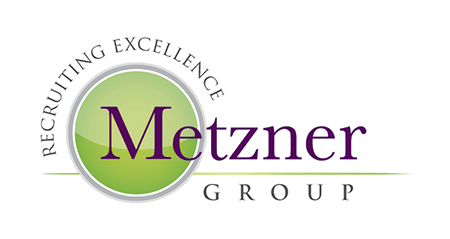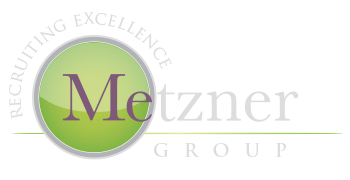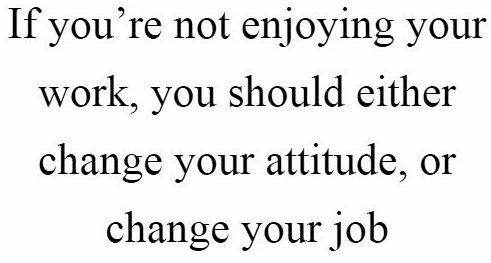
CEO or Project Engineer: Value Of Behavioral Assessments
More A/E firms are adding behavioral and personality assessments to their interview process. These tests or inventories “show” tendencies or ways that you are most likely to respond to your surroundings. Proponents say results from the assessments when used with a face to face interview will help predict a good “fit” between you and the job for which you are applying. These evaluations are standardized and carry statistical analysis to add to more commonly used conversational interviews.
It has been reported that, unlike a normal interview, it is impossible to “cheat” on an assessment; impossible to answer questions that you think will give you a profile that an employer is seeking. And, you should not try to cheat. Eventually, your true personality will show itself. Firms believe the more they can discover about a persons strengths in personality as well as technical knowledge, the better the chance for a long term employment fit.
Recently I heard a story that shocked me! An executive shared with me one of his behavioral and personality assessment stories. After multiple interviews for a key leadership role in a mid-sized firm, the CEO asked him to meet with a psychologist for an assessment. As he entered the psychologist’s office, the CEO entered also and sat down. The psychologist began with his very in-depth assessment and the CEO remained. This is unethical and highly unusual. I asked the executive why he didn’t ask the CEO to leave or just stand up and walk out! Easy to think what we all would do but tougher when actually in the situation. Afterwards the executive candidate did tell the CEO it was inappropriate for him to have been in the assessment and he withdrew as a candidate.
Back in my graduate school days (many years ago) I recall writing a paper on the worst personality assessment tool I had come across. The test results were based upon which color you liked the best. The test had the validity of a newspaper horoscope. So as I was contemplating this blog, I took one of the common assessments utilized in our industry: The DISC assessment . Without going into too much detail, I will summarize: It was accurate. My chosen profession as an executive recruiter working with architects, engineers and scientists is a good fit!
In my experience, I have seen that when used accurately, various assessments can be helpful. However, often I have witnessed these tools to be used to knock out otherwise good candidates. Readers of the results often “see what they want to see.” They turn a positive attribute into a negative one. It is important that interpreters and users of the collected data be EDUCATED on how to use the information correctly and to weigh the results accurately!
Have you taken any assessments as part of an interview process? Which ones have you taken? Do you think it is invasive, helpful or neither? Do you think you were not offered a job because of testing?
The Metzner Group Blog


Celebrating more than
30 years
An executive search firm, dedicated exclusively to A/E/P recruitment throughout North America.
QUICK LINKS
All Rights Reserved | Metzner Group | Website & Hosting by SovoWeb a division of RedXWebDesign

